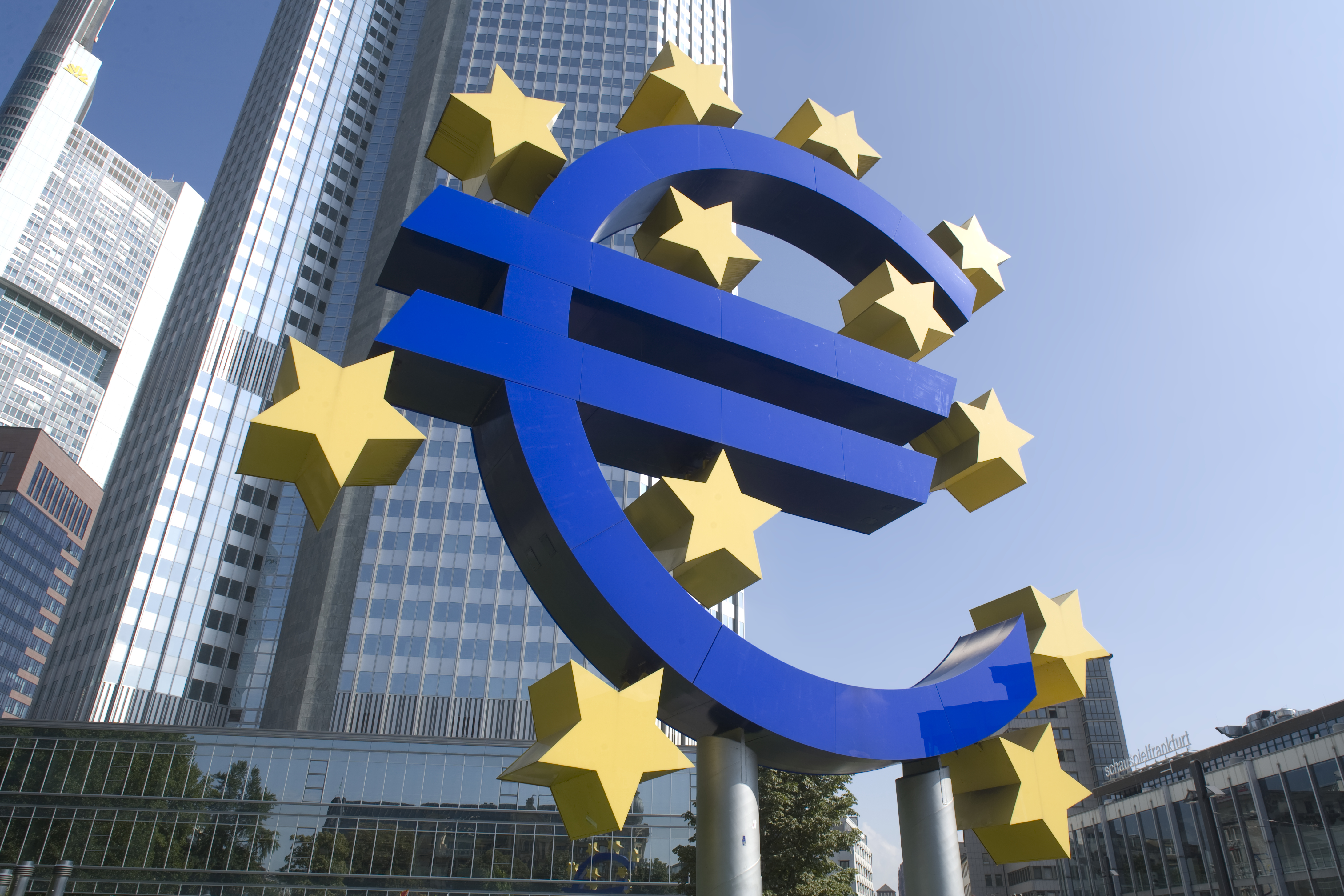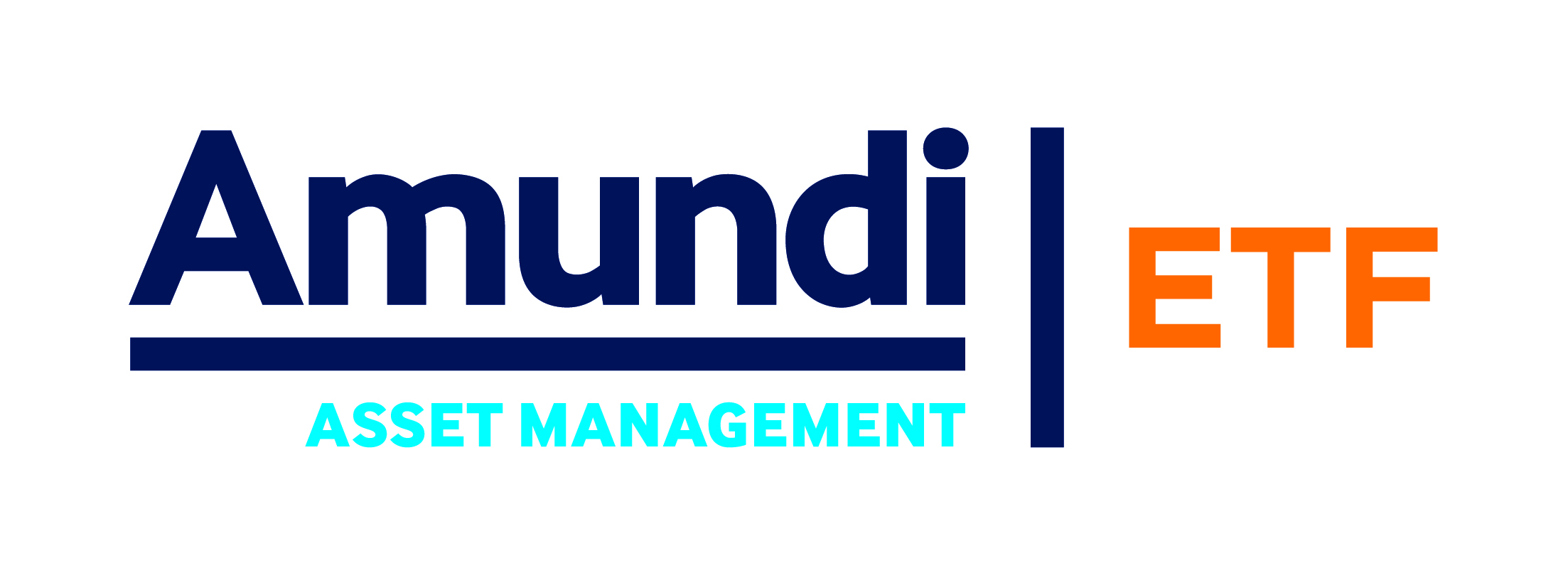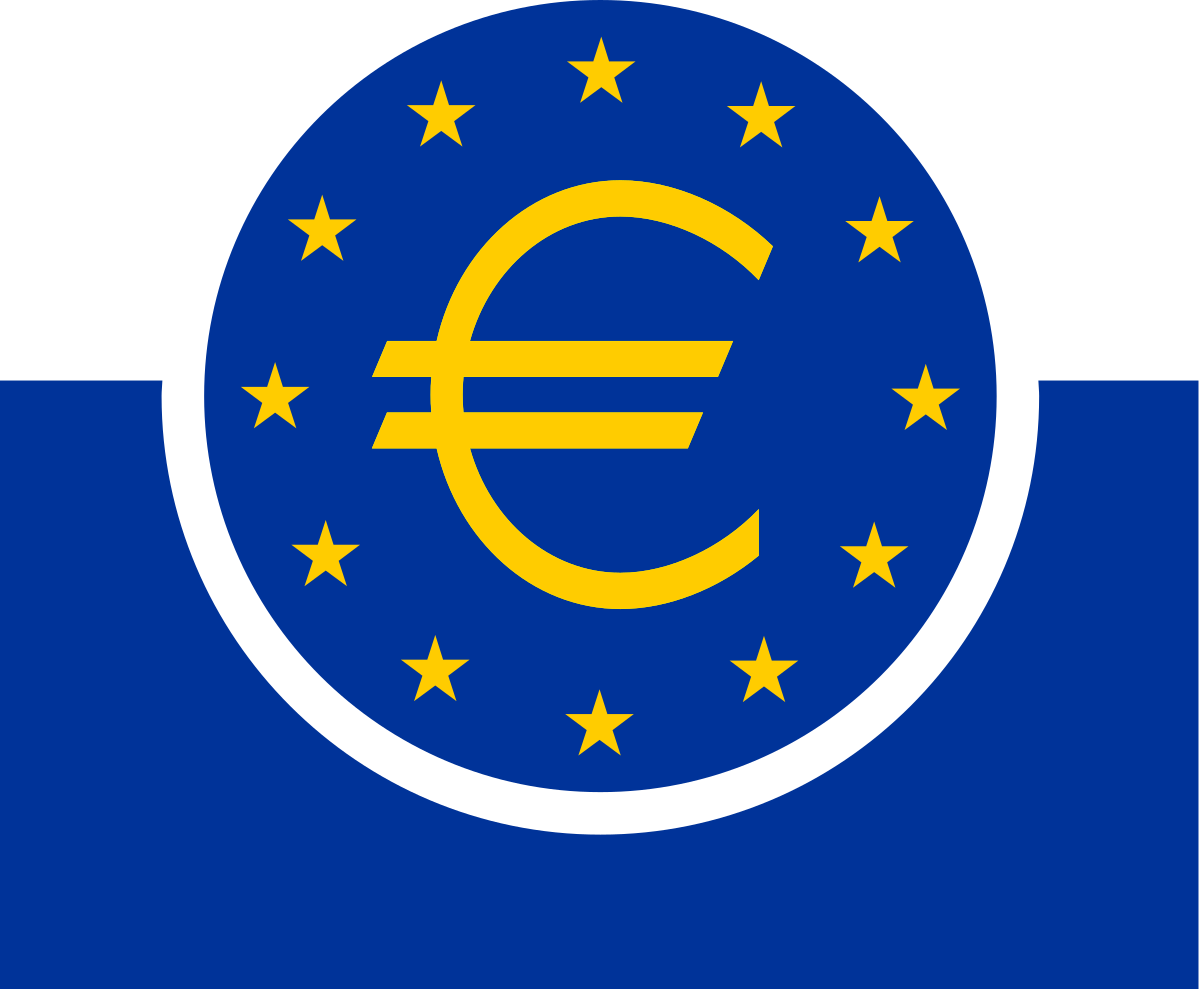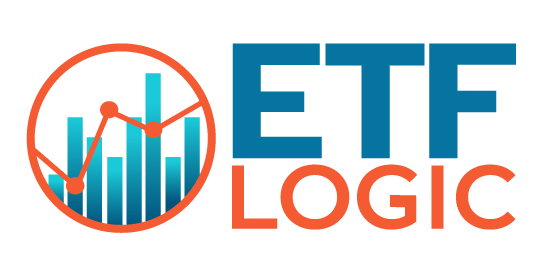Investors are piling into short-duration euro-denominated bond ETFs as the European Central Bank (ECB) gears up to hike interest rates amid a worsening growth outlook for the continent and political turmoil in Italy.
According to data from ETFLogic, the iShares ec.rexx Government Germany 2.5-5.5yr UCITS ETF (EXHC) recorded inflows of $218m in the week to 18 July while investors piled $150m into the iShares € Govt Bond 3-5yr UCITS ETF (IBGX).
Elsewhere, the Xtrackers Eurozone Government Bond 3-5 UCITS ETF (X35E) and the Xtrackers Eurozone Government Bond UCITS ETF (XGLE) saw inflows of $118m and $101m, respectively.
Finally, there were also inflows for short-duration euro-denominated corporate bond ETFs. The SPDR Bloomberg 0-3 Year Euro Corporate Bond UCITS ETF (SYBD) recorded net new assets of $209m over the same period followed by the Amundi Index Euro Corporate SRI 0-3 Y UCITS ETF (ECR3) with $92m inflows.
The inflows come amid worsening growth forecasts for the continent with the ECB looking set to raise interest rates by 25 basis points (bps) later this week, the first hike since 2011.
Some are even anticipating a 50bps increase as the central bank looks to curb decade-high inflation which economists are predicting could hit 8.9% when June’s eurozone CPI is published later today.
Meanwhile, Italy’s president Mario Draghi is expected to resign after losing the support of one of the parties in the coalition, the 5-Star Movement, and will confirm to lawmakers on Wednesday if he will follow through.
This could trigger an election within the next 70 days during a period of economic stress across the eurozone, with a centre-right coalition likely to win.
“This would be very bad news for the eurozone at the worst time ever (lower growth, fragmentation risk and risk of energy crisis this winter),” a Saxo Bank note said.
New forecasts from the European Commission have slowed down growth predictions from 2.3% to 1.4% for 2023 following the fallout of Russia’s invasion of Ukraine.
Saxo Bank added these predictions are still too optimistic and forecast growth of around 1% next year.
“Lower growth momentum will probably be reflected in the ECB’s projections towards the end of the year,” the bank continued. “This means the ECB has roughly six months to hike rates before a potential policy pivot towards a more dovish stance (on the condition that inflation is falling by then).”
While this week’s hike is likely to be lower than first anticipated, markets are still pricing in a 160-basis point hike by the end of the year.
Despite this, BlackRock said Europe's looming energy crisis will see it pause its hiking cycle sooner than the market expects due to the high probability of a recession on the continent.
"Higher rates and political turmoil may also send peripheral borrowing costs spiralling. All this leaves us favouring credit over stocks and neutral on euro area government bonds," BlackRock said.
"A key question is whether markets are over or underwhelmed by the scope and flexibility of the anti-fragmentation tool. Among global inflation-linked bonds, we prefer Europe. We believe the market underappreciates pressure from the energy crunch."
Related articles








